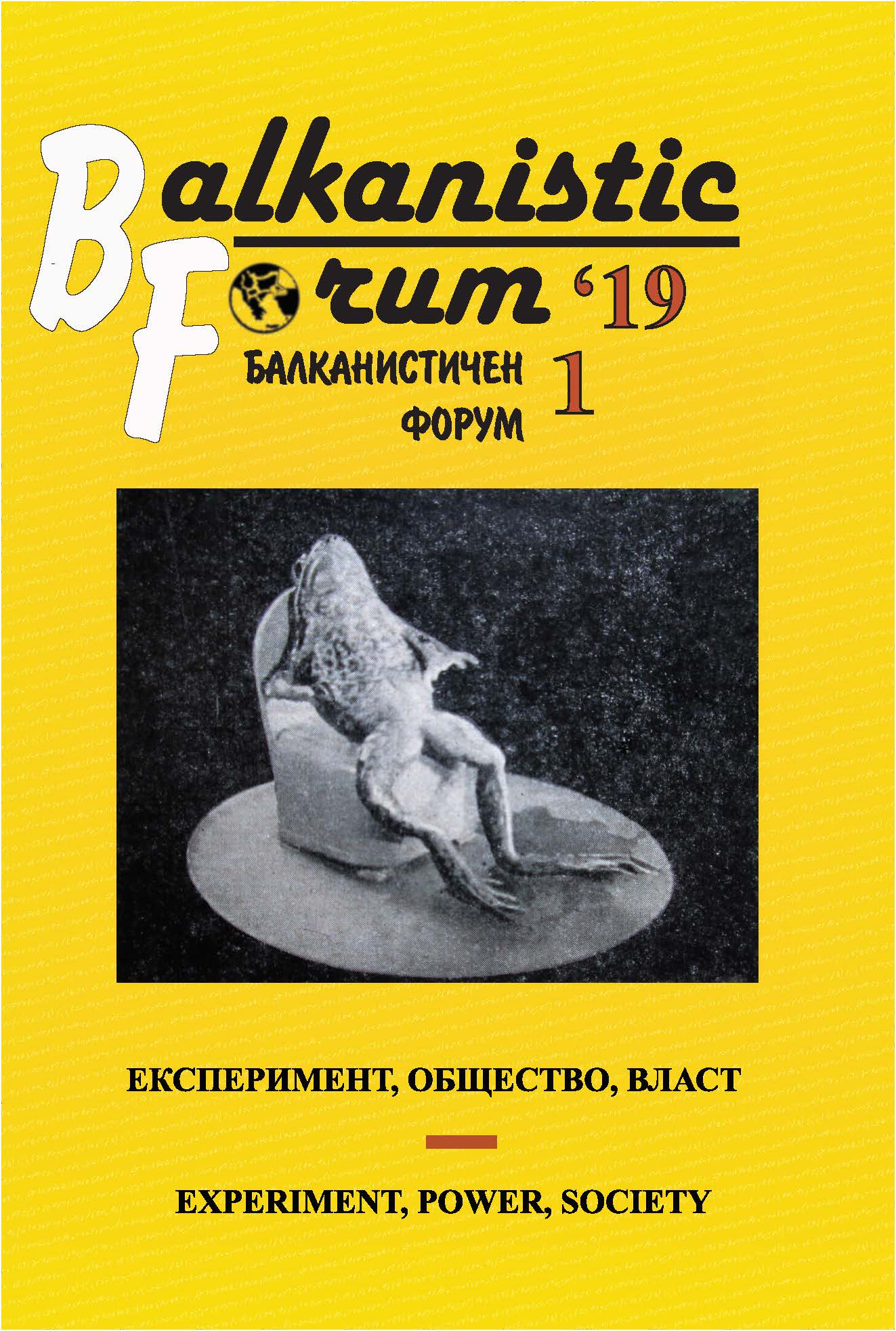Ролята на фотографията в процеса по формиране на рационалния социалистически потребител в
България през 60-те години на ХХ век
The role of photography in the formation process of the rational socialist consumer in the 1960s
Author(s): Katerina GadjevaSubject(s): History, Cultural history
Published by: ЮГОЗАПАДЕН УНИВЕРСИТЕТ »НЕОФИТ РИЛСКИ«
Keywords: Socialist advertising; Bulgarian photography; consumption; production; periodicals
Summary/Abstract: During the 1960s, the daily routine in Bulgaria – the attitude toward real estate properties and their right selection, home decoration and arrangement, style and fashion, personal beauty and aesthetic, the public services, the sphere of entertainment – all topics, which were deliberately avoided from the Party earlier, finally found new presentation and theorization in different brochures, articles and books. Their main purpose was to form a special culture of consumption of socialist citizens. In order to be informed in advance and to be prepared for clear-minded, not emotional purchasing, the socialist buyer needed a “guide” in the world of consumer goods. This “guide” was meant to be the advertising. Socialist advertising aims to rationalize consumer behavior by giving correct, fair and unexaggerated information about the functionality of the objects, with no “seduction” or distraction of the attention – devices which are typical for texts and images in bourgeois countries. Contradistinction to the western experience (or, more specifically, to the American) became the main driving force in the process of its formation. During the sixties, photography had already completely conquered western advertising. In contradiction to this, the best Bulgarian photographers were not involved in advertising of products and services. This work was perceived as more technical than artistic and creative or in other words – less prestigious then other branches of photography. The current paper focuses on the idea, that this attitude towards advertising photography was not spontaneous, but quite the contrary – deliberately provoked by the authorities. Fashion and advertising photography were represented as phenomena, typical for the western mass culture, which socialism didn’t approve of. That is why they were viewed as potentially dangerous and harmful for the Bulgarian society.
Journal: Балканистичен Форум
- Issue Year: 2019
- Issue No: 1
- Page Range: 135-146
- Page Count: 12
- Language: Bulgarian
- Content File-PDF

